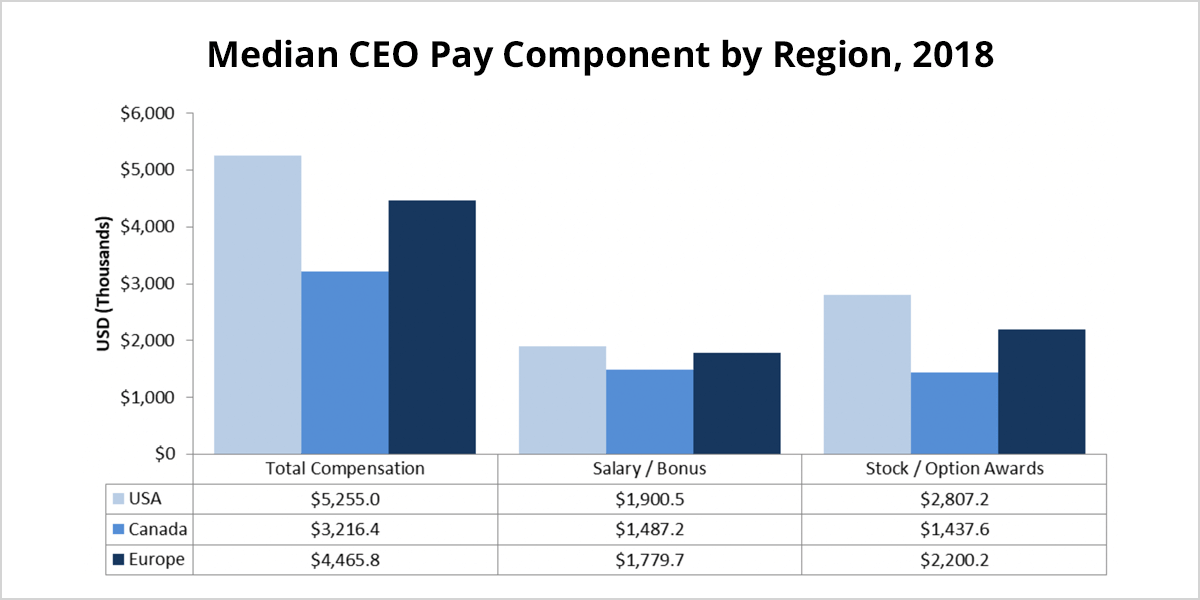L’article publié par Mazars montre bien les efforts que les conseils d’administration doivent faire afin de bien jouer leur rôle de fiduciaire.
Les activités de gouvernance deviennent si complexes, avec l’addition de comités spéciaux, qu’il devient essentiel que les administrateurs reçoivent une information de qualité, sur une période de temps raisonnable.
L’article présente la problématique liée à une surabondance d’informations qui menace de plus en plus l’efficacité des CA.
Comment s’assurer que les administrateurs reçoivent l’information stratégique pertinente à leur travail de supervision et que la direction ne prend pas l’habitude de les enterrer dans une mer de documents ?
« An increased focus on risk and compliance for financial services firms has led to a rise in committees, reporting and key performance indicators. But boards must ensure that short-term targets do not hamper long-term strategic vision ».
Bonne lecture !
How information overload can threaten board effectiveness

Photo: Shutterstock
The composition of boards, their agenda and processes for decision-making are critical to ensuring boards discharge their responsibilities. But the quality of their decision-making is critically dependent on the quality of the information they receive and process.
In 2017, the US Federal Reserve acknowledged that boards of financial services companies can be “overwhelmed by the quantity and complexity of information they receive”, and published guidance on supervisory expectations for boards of directors.
The fear is that the proliferation of different committees consumes management and board time to such an extent that they are taken away from the running of the business. This situation is only likely to become more intense as the pace of technological change continues and the regulatory environment continues to evolve.
An increased focus on risk and compliance has led to a proliferation of board committees.The regulatory burden is significant, and the creation of a global systemically important financial institution (G-SIFI) through a nexus of local and global regulations presents a particular management challenge. There is a group-level need to ensure overseas subsidiaries are effectively managed and operating within group control.
This confluence of factors threatens information overload and places great importance on the ability of management teams to optimise their time to streamline board practices and ensure effective decision-making, without diluting central control.
Practical steps
There are some practical steps that management teams and boards can take to optimise their effectiveness, such as compressing the number of days on which committees meet. It is essential to circulate materials in good time ahead of meetings to ensure effective discussion and decision-making. Digestible and clear information is essential for effective accountability.
Just as financial services firms have cut back the number of people sitting on their boards, thereby improving dialogue and decision-making, so they should be equally rigorous in cutting back on lengthy reporting.
“The information conveyed to the board needs to be focused,” says Michael Tripp, head of financial services at Mazars. “There needs to be a hierarchy of what is important. More than ever there needs to be clarity on where decisions are taken.”
An increased focus on risk and compliance has led to a proliferation of board committees. The main board should ensure a qualitative approach to governance, so there is a strong level of interaction with, and between, the various committees, says Tripp.
Boards and management teams should also be clear about what can be delegated, and boards should avoid practices that just represent box-ticking exercises that are no longer relevant to the way they operate.
They must also contend with changing accounting regimes, from GAAP to Solvency II and now IFRS 17, which is due to come into force in 2021. The implementation of IFRS 17, where relevant, will create disruption in the insurance industry and could prompt a fundamental redesign of the actuarial process.
Such is the breadth of stakeholders in today’s financial services industry that management teams risk being over-burdened with unnecessary targets and key performance indicators.The new rules will require a step change in the way insurers disclose information to make them more comparable with other industries. This will increase the burden of information for boards and management teams, and has implications for governance processes.
“Boards need to have the right level of expertise and training to understand how IFRS 17 affects their business,” says Tripp.
Opportunities
The change will also present opportunities. Any redesign of the actuarial process could present an opportunity to introduce or increase automation, thereby increasing the capacity to focus on providing timely business insight. Boards should be aware of the technological opportunities that such changes bring.
Such is the breadth of stakeholders in today’s financial services industry that management teams risk being over-burdened with unnecessary targets and key performance indicators. Tier-one capital targets and leverage ratio targets must be met to satisfy regulators, so it is important that teams are not constrained by too many targets that stifle their ability to grow and run their businesses. Excessive targets put pressure on management teams to deliver quarter-to-quarter, and may may hamper long-term strategic vision and best practice.
“Key performance indicators are an important way to measure performance and strategic progress and inform decision-making,” says Tripp. “But it’s important to narrow the focus to a number of meaningful KPIs that enable 360-degree evaluation, holding the executive team accountable.”
The financial crisis proved that global financial institutions were too big to fail. A decade on, the industry has become safer but more complex, raising the question of whether it is too difficult to manage.
Robust governance and a breadth of board expertise which reflects strong technical expertise, as well as borrowing from the insights and experiences of other industries, will be more important than ever.
_____________________________________________________________
This article is an excerpt from the Special Report – Future-Proofing Financial Services . You can read the full report here














